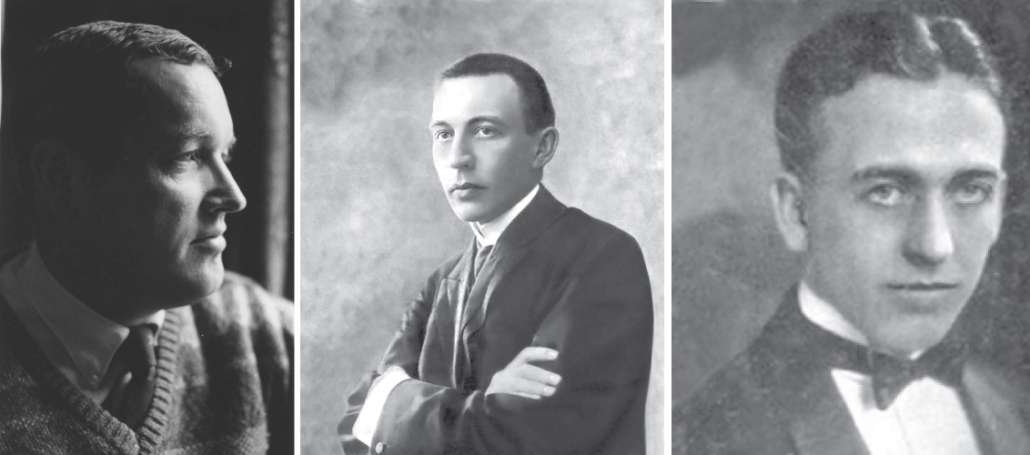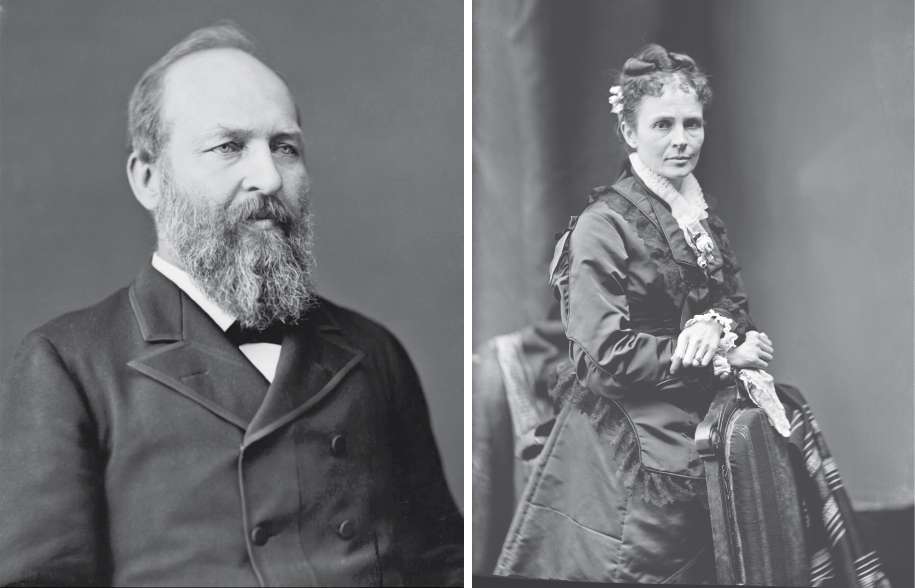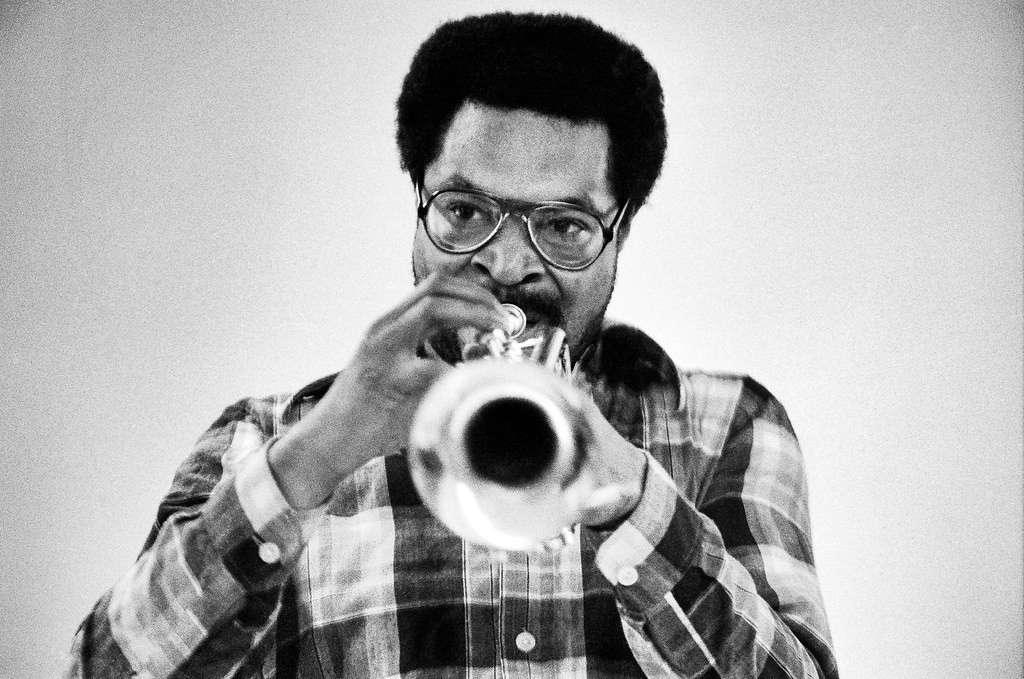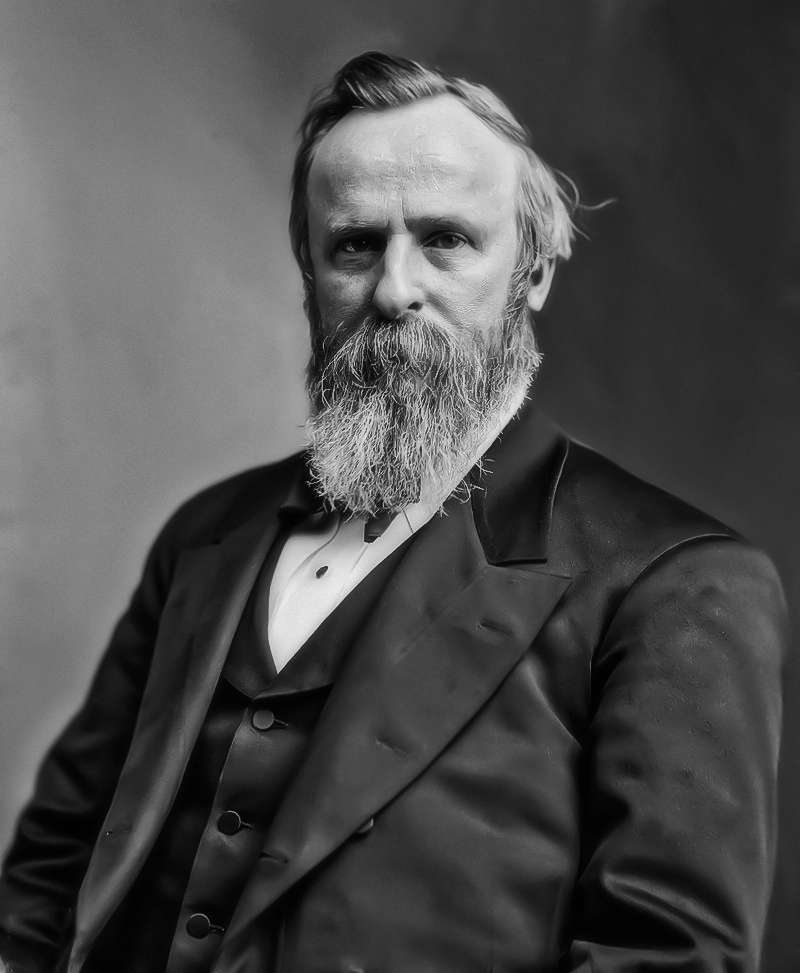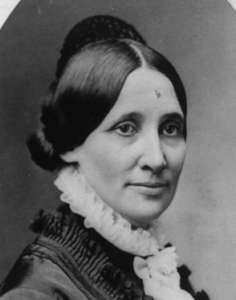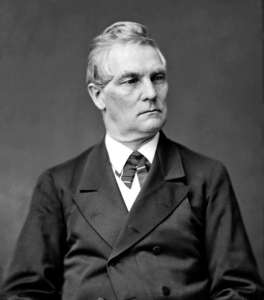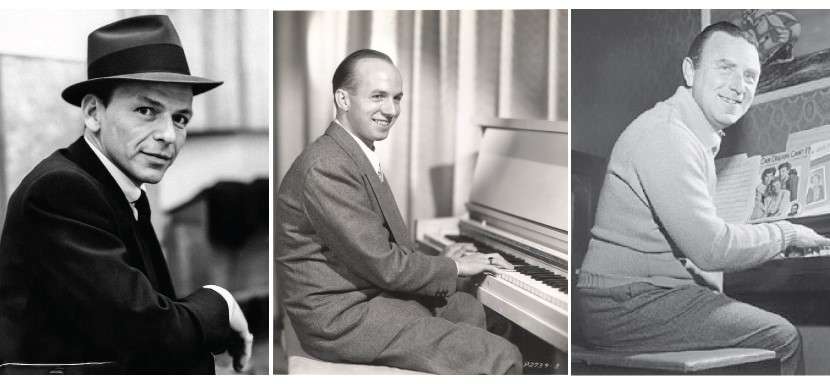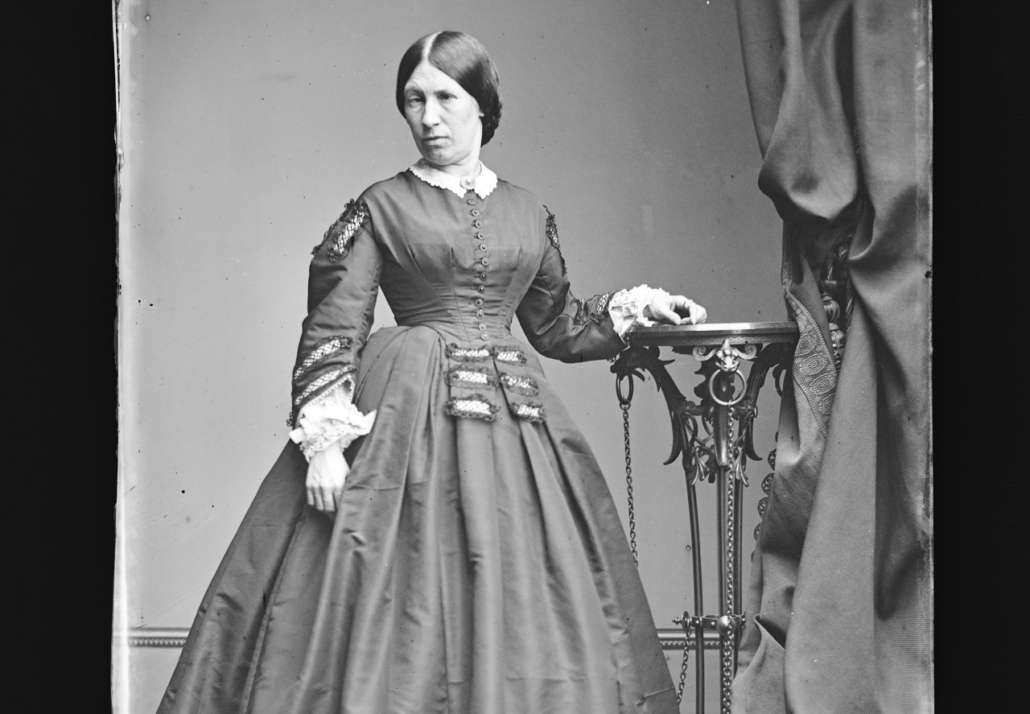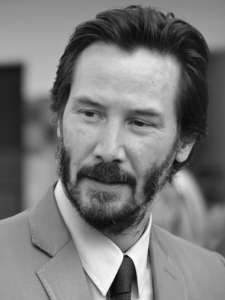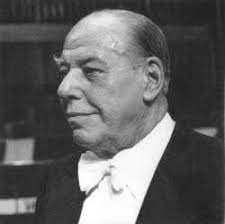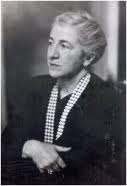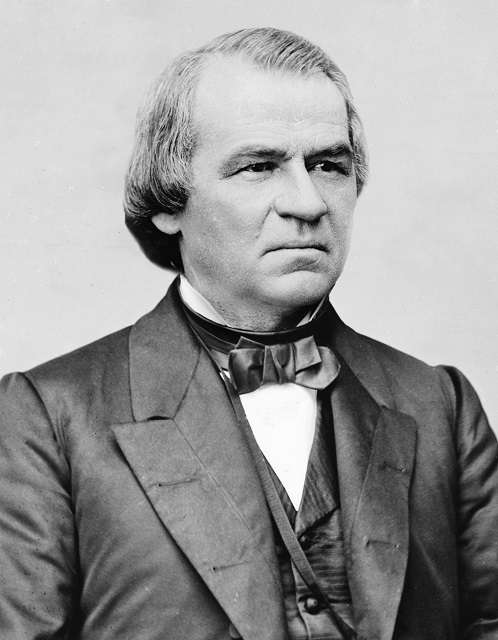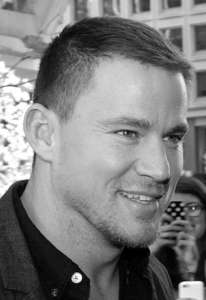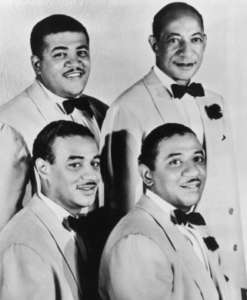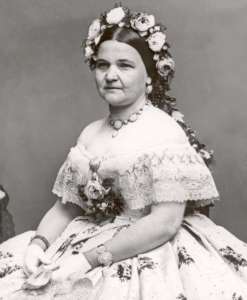REVIEW POTPOURRI – Poet: Richard Aldridge; Composer: Sergei Rachmaninoff; Band Leader: Gene Rodemich; Movie: The Killers
 by Peter Cates
by Peter Cates
Richard Aldridge
Born in New York City, poet Richard Aldridge (1930-1994) attended summer camp here in Maine most of his childhood and, as an adult, would eventually settle down with his wife in Phippsburg while teaching high school English in Bath.
Although his name is new to me, his work became renowned among other poets and he edited and published a 1969 anthology, Maine Lines.
Before sharing a poem of his that is contained in the ever-fascinating 1989 anthology Maine Speaks, I offer his own very astutely stated words on why poems matter:
“The most important thing in life to any person is another person, not a whole number of other people. That is why poetry will always fill a vital place-in essence, it is an art where three really is a crowd. You should be able to hang around with a good poem just as you do with a good or best friend. As with a best friend, a poem you really like will have said something to you in a way that touches bottom, while at the same time it will just be there, on call any time. If it could see and think, it would observe you growing and changing and reaching all the time. And you, coming back and back to it from time to time, will see new angles and depths and reaches that you never quite knew were there at first acquaintance.”
I read this credo of belief that does resonate while also remembering that most all of the successful poets in America still needed day jobs, Robert Frost being one of those select few who earned a living from his books after his first one was published in 1913 when he was 38.
Now for Richard Aldridge’s, A Sharing of Silences, with the inscription, West Point, Maine, underneath the title:
“late fall, the summer people gone
into the village store I go
six fishermen are sitting around
just talking joking supper done
because I have stuck out
now seventeen Maine winters
still have the wife I started with
have had their children now and then
up at the high school off in town
they let me in a little
by not going quiet like wind dying down
or worse just up and easing out
and yet their talk takes on
the slightest shade of guardedness
because I do teach English
after all which means of course
good grammar is my holy flame
and too (they hear) write poems
and such so who knows what
I might go off and copy down
if they could only understand
the only words I care to find
are those the counter image of
the windworn creases in their brows
the bark-like hardness of their hands
the upright carriage of their pride
and those are not for finding”
West Point, Maine, is roughly seven miles southeast from Bath where, as stated earlier, Aldridge taught and it is part of Phippsburg on the Casco Bay Peninsula.
The poem evokes a way of life and the divisions that can occur among different people living that way of life in a small community, the ever perpetual theme of aloneness in the community, of experience that is shared versus experience that can never be shared.
People want to know things about you but do not want you to know things about them, watching you yet wary of you.
The poet injects elements of great potential for more than one story in certain lines- we’d like to know more about “the summer people gone” , those sometimes obnoxious individuals from a distance who do boost the local economy with their dollars; “six fishermen…just talking… joking… [at] the village store ” who fear most all outsiders; and the poet narrator who teaches the children of those fishermen “now and then/up at the high school off in town” but still has the fishermen interacting with him in their minimally sociable manner combined with “the slightest shade of guardedness”…not ever knowing what their children’s English teacher “might go off and copy down.” God forbid!
These hints of story brought to mind another Maine poet Edwin Arlington Robinson (1869-1935) who lived out most of his life in Gardiner and later in New York City, but who was born in Head Tide which is 26 miles northwest from Phippsburg.
Robinson’s poems such as Mr. Flood’s Party, Richard Cory, Miniver Cheevy, Tristan, etc. had innumerable hints of stories.
A poem well worth brooding upon!
In his rambunctious 1930 book on theology, Treatise on the Gods, H.L. Mencken comments – “The only real way to reconcile science and religion is to set up something that is not science and something that is not religion.”
Rachmaninoff
Rachmaninoff’s 2nd Symphony, a masterpiece of unutterable beauty, has generated shelves of different recordings in which the score is either presented in its over 1 hour complete, sometimes sprawling magnificence or with some cuts in the passages. Both approaches were sanctioned by the composer, depending on his mood.
I own a batch of different recordings, each of which has interest, but one I have consistently enjoyed of the cut version, and for more than 45 years, is a 1959 recording featuring Alfred Wallenstein (1898-1983) conducting the Los Angeles Philharmonic in what might be the greatest one he ever made. It has pulse, characterful detail, and delectable notes and hangs together like no other recording I know of.
It can also be heard on YouTube .
Gene Rodemich
A 1921 ten-inch acoustically recorded Brunswick shellac disc (#2060) features one of the better dance bands of that era led by Gene Rodemich (1890-1934) who later worked for NBC Radio before dying from lobar pneumonia at the young age of 44.
The two selections are Margie and the rather obscure Irving Berlin Home Again Blues, both which can be heard on YouTube.
The Killers
Two movies that still stick in the memory are Bing Crosby’s 1944 Going My Way, in which he portrayed a Catholic priest, with the very good co-stars Barry Fitzgerald, mezzo soprano Rise Stevens, and the Little Rascals own Alfalfa; and the 1964 film noir, The Killers, starring Lee Marvin and Clu Gulagher as two highly professional hit men who do convey much nuance in their character development, as unlikable as they are; former President Ronald Reagan in what would be his last movie role before he entered the political arena, and a role in which he very convincingly portrayed a gangster; Angie Dickinson as Reagan’s devious wife; and the now underrated actor John Cassavetes as the victim of the hit men.
The film was very, very loosely based on Hemingway’s classic short story.


